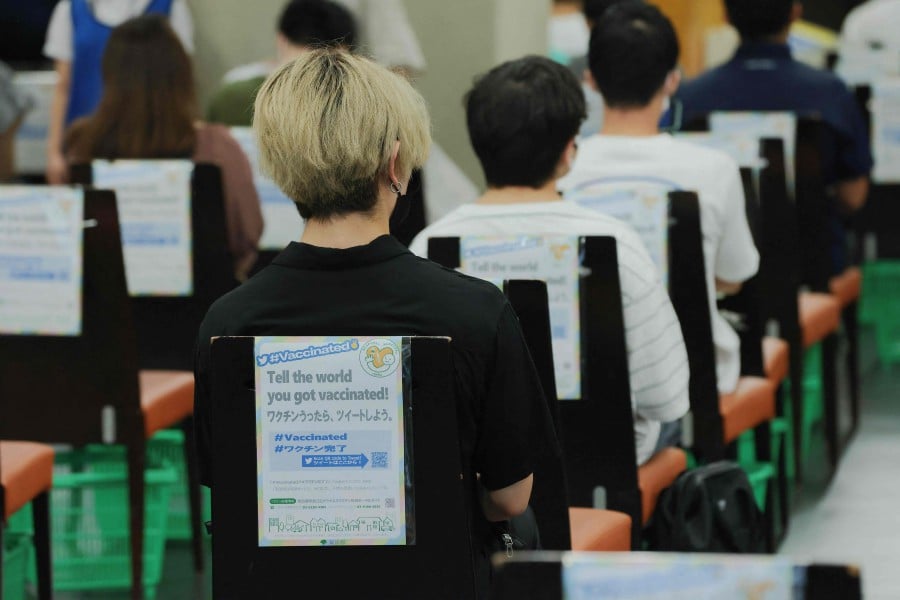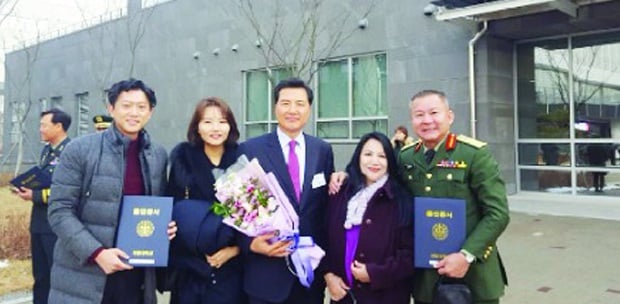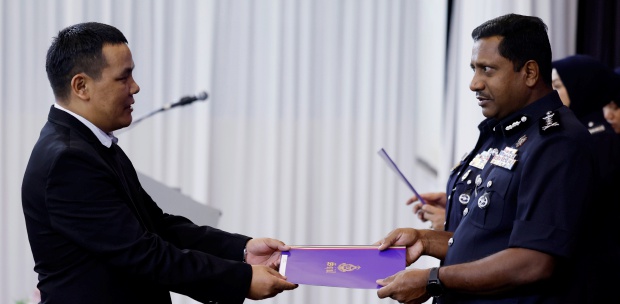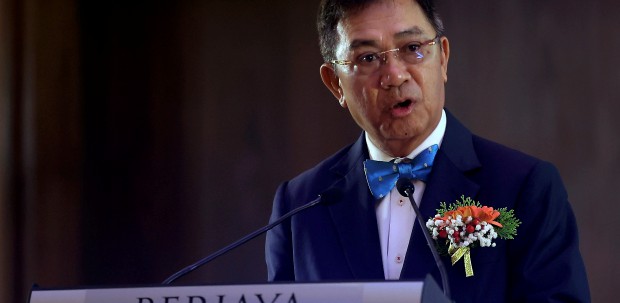On checking the latest Gallup survey on Honesty and Ethics in Professions, one is comforted to find out that most of the top positions are occupied by health professionals.
Nurses are in the lead, followed by doctors, pharmacists and dentists. This has been the trend for the last five years or so, especially in the United States.
It seems to resonate more during the pandemic, as healthcare professionals are the frontliners since the coronavirus invaded humanity some 20 months ago. There's no doubting their dedication, commitment and professionalism.
The bottom of the list seemed to validate most occupational stereotypes. They included politicians and business-related persons (including professionals too), with car salespersons being the last. Senators and members of Congress (equivalent to our members of parliament) being the next two worst off.
This can be confirmed casually from the Covid-19 pandemic impact. In the case of the US, it was rather obvious when Donald Trump was in office. Health professionals were often forced to take orders from the president as the number of infectees soared.
It is now clear that interference by the Trump administration resulted in worsening outcomes relative to the current administration.
For comparison, college teachers, clergy and journalists are somewhere in the middle, between health professionals and politicians and business groups.
Given the Covid-19 threat, the Gallup survey seems to offer some better insights as to why the situation remains unabated worldwide. And therefore, what else could be done better other than casual observations on the two groups of professionals.
More specifically, the business entities, represented by the giant pharmaceutical companies that played many significant roles.
Not discounting the relative benefits of vaccines, there are still a number of issues that are not well explained, leading to vaccine hesitancy if not outright rejection.
Ironically, despite this, the underlying cause could be traced to the "(un)ethical" status of the pharmaceutical industry as a whole. It cannot be denied that the industry, especially Big Pharma, has a chequered history.
They are merciless when it comes to maximising profits even at the expense of the poor and marginalised globally.
They adhere to the market axiom of patents, intellectual property rights and other profit-generating strategies of price-fixing and undercutting, depending what is the most convenient.
Of late, it is not surprising to read how they violently reacted to the idea mooted for the World Trade Organisation to consider patent waivers to promote Covid-19 vaccine equity. One even slammed it as a move practised by former East Germany (read, nationalisation).
While there were reports of some industry professionals who wanted to donate their portion of the revenue, this is a far cry from what the magnanimous father of the first polio vaccine, Jonas Salk, said way back in 1954, when asked who owned the vaccine.
His succinct response was: "Well, the people, I would say. There is NO (emphasis added) patent."
He then asked: "Could you patent the sun?"
Such wisdom is rare nowadays, where all things can be bought and sold.
Put all of the above in a situation where there is apparent political paralysis with ethical chaos to boot, and intellectual dishonesty seems to rule!
A perfect storm is coming, especially when the (honest and ethical) healthcare professionals are under stress and duress.
What else can we say about the raging Covid-19 and its variants, that there can only be one possibility: the eventual collapse of the community and its resilience against the army of invisible viruses.
What if they are led by a bunch of less than honest and ethical professionals as the Gallup survey pointed out.
The writer, an NST columnist for more than 20 years, is International Islamic University Malaysia rector
The views expressed in this article are the author's own and do not necessarily reflect those of the New Straits Times






